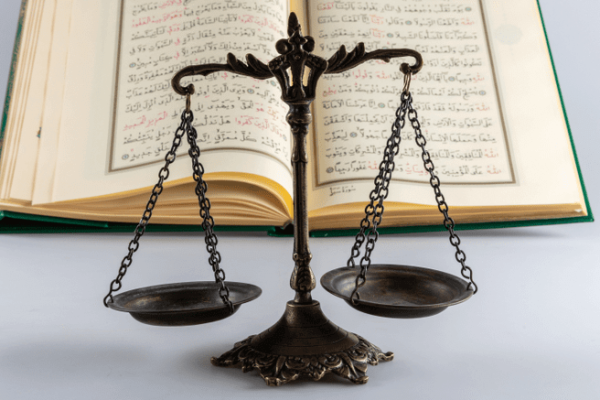Understanding Sharia law involves recognizing its multifaceted nature and addressing common misconceptions. Derived from the Quran and Hadith, Sharia encompasses a wide range of practices guiding personal conduct, family law, business ethics, and social welfare. While often narrowly perceived through its punitive aspects, Sharia promotes justice, equity, and community well-being. Its ethical guidelines emphasize honesty, integrity, and social responsibility, while family laws ensure fairness and protect the rights of all members. In economic matters, Sharia’s prohibition of usury and promotion of fair trade underscore its commitment to social justice. Social welfare mechanisms like zakat and waqf further highlight Sharia’s role in supporting the needy and fostering community development. Recognizing the diversity and adaptability of Sharia across different cultures and contexts can dispel fears and foster a more informed and respectful discourse. Through education and interfaith dialogue, we can appreciate Sharia’s depth and relevance, ultimately promoting global justice and harmony.













